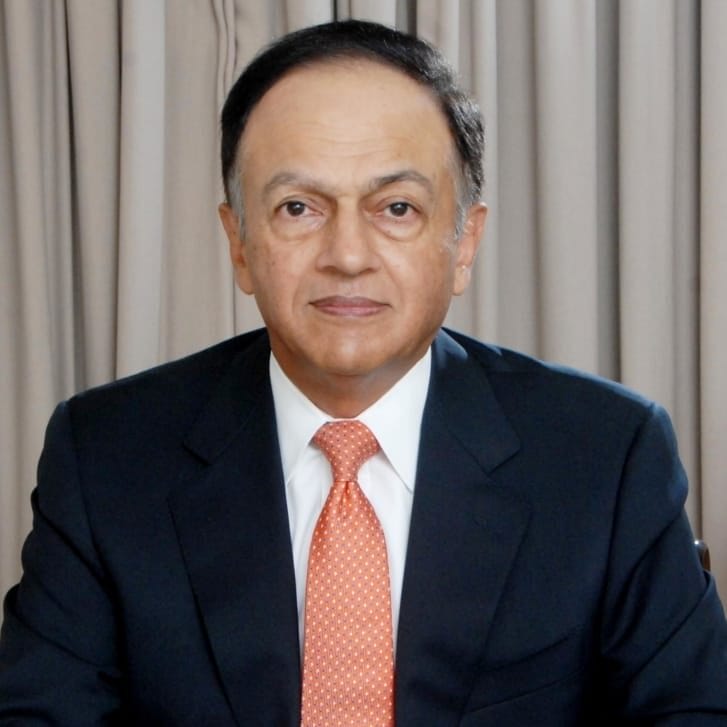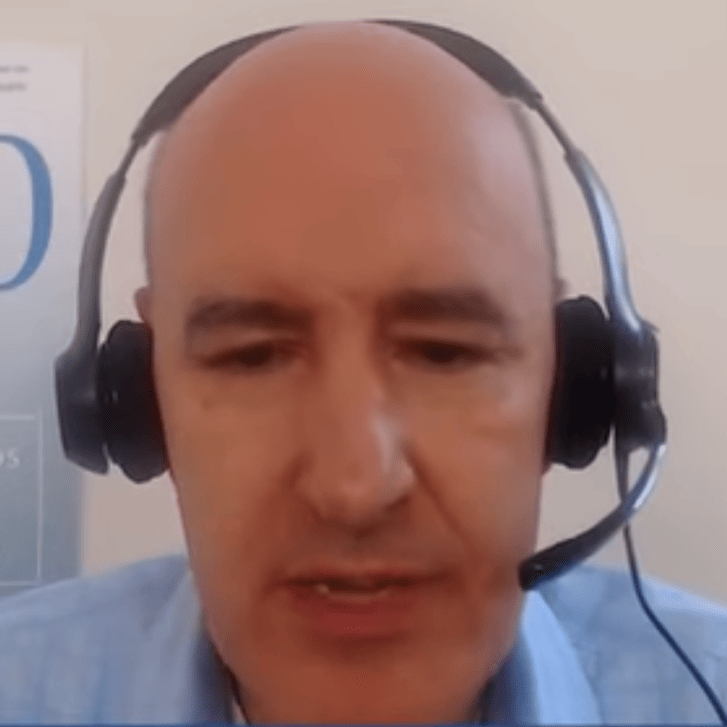For U.S. politicians looking to more evenly spread good fortune in a country plagued by a widening wealth gap, imposing new taxes on millionaires and billionaires seems like a no-brainer. Yet whether those taxes will benefit the nation as predicted is the subject of heated debate.
To provide some nonpartisan clarity, a campus event hosted last week by the Penn Wharton Budget Model examined wealth tax proposals from 2020 Democratic presidential frontrunners such as Elizabeth Warren and Bernie Sanders. Using their own analyses and modeled projections, panelists including PWBM policy analysis director Richard Prisinzano, Penn Law assistant professor Natasha Sarin, and the Washington Center for Equitable Growth’s director of tax policy Greg Leiserson painted a critical picture of such plans.
Predictions of a Slowing Economy
Among the evening’s most notable takeaways was a new preliminary PWBM model predicting that a wealth tax similar to Warren’s would slow economic growth by nearly 2 percent over 10 years and decrease investment by more than 4 percent if it were used to lower national debt.
The PWBM projection analyzes a plan that would tax household net worth above $50 million at a rate of 3 percent. That’s slightly different from Warren’s plan, which would impose a 2 percent tax on household wealth over $50 million and a 6 percent tax on wealth above $1 billion. (Warren initially proposed a 3 percent rate for the higher bracket, and at the start of the month increased that rate to account for a new health care plan.)
For a hypothetical wealth tax of 5 percent, the slowdown would be even greater, according to PWBM projections. “The negative effects of wealth tax increase as you increase the rate,” said Prisinzano. “As that rate goes up, you are taking more and more of returns of capital. So if the wealth tax rate is higher than the returns of capital, you are actually eating away at people’s wealth, and that’s going to hurt the economy.”

Prisinzano presents the PWBM’s findings.
Complexities of Revenue Projections
The projection put forth by the PWBM uses a widely cited assumption in its calculations that Warren’s wealth tax would raise an estimated $2.7 trillion. But even that figure came under fire during the event.
“How much revenue can you reasonably expect proposals that are floating around out there for wealth taxation to actually raise?” asked Sarin, “[The] revenue estimate that’s been offered by the main academic proponents of wealth tax proposals…is deeply flawed and way overly optimistic.”
Estimating how much revenue a wealth tax is going to raise is hard to do, she said, “because there are a ton of unknowns at basically every level of revenue estimation.” Among those unknowns are the actual amount of wealth held by the people at the top, whether the Internal Revenue Service will be able to effectively value and monitor wealth for collection each year, and what measures wealthy households will employ to avoid taxes. All things considered, she estimated the wealth tax will generate only a portion of the amount that has been cited for Warren’s plan.

Sarin discusses whether revenue projections for wealth tax proposals are accurate.
Questions of Constitutionality
Beyond the economic practicalities of these proposals, the panelists also weighed the constitutionality of such a tax, a question that could come down to the make-up of the Supreme Court, according to Sarin. “If I had to bet money based on the partisan composition of this court, my guess is they would rely on precedent that clearly exists to find it unconstitutional,” she said.
Comparing a new wealth tax against an option to alter income taxes, Leiserson said a focus on income taxes would carry less constitutional risk. “For actual policymakers, that is possibly the most important dimension of difference here,” he said.
Beyond the question of lawfulness, the panelists also pointed to wealth tax failures in a number of other countries—including the Netherlands and France—as potential cause for concern. Those countries’ taxes failed for reasons such as tax avoidance, the cost of administering such a tax, and the size of those countries’ taxable bases.
“These are the things that we’re working through, that we’re trying to figure out,” Prisinzano said. “What do we know from these countries and [how do] we make sure that we’re fair to the way the wealth tax would work in the U.S.?”


























